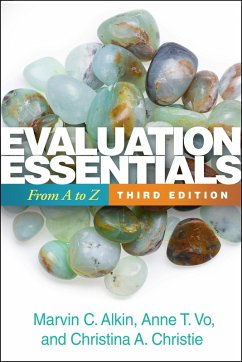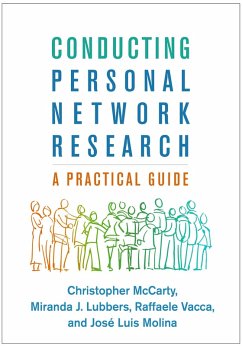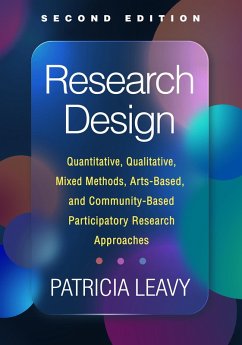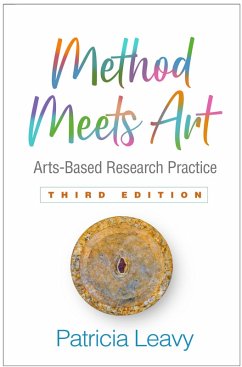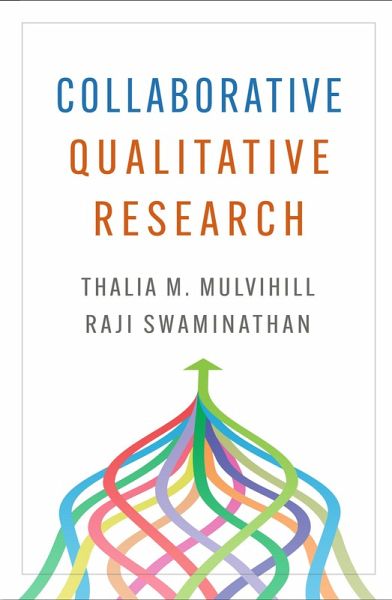
Collaborative Qualitative Research (eBook, ePUB)
Versandkostenfrei!
Sofort per Download lieferbar
31,95 €
inkl. MwSt.
Weitere Ausgaben:

PAYBACK Punkte
16 °P sammeln!
Meeting a key need for qualitative researchers, this practical book presents tools for creating productive partnerships and managing each phase of a collaborative project. The authors provide guidelines for working across disciplines, status differentials (such as professor and student), and geographical locations. Collaboration within particular qualitative traditions--cross-cultural research, duoethnography, participatory action research, arts-based collaborations, and others--is described and illustrated with exemplars of published studies. Readers learn how to build research teams, formula...
Meeting a key need for qualitative researchers, this practical book presents tools for creating productive partnerships and managing each phase of a collaborative project. The authors provide guidelines for working across disciplines, status differentials (such as professor and student), and geographical locations. Collaboration within particular qualitative traditions--cross-cultural research, duoethnography, participatory action research, arts-based collaborations, and others--is described and illustrated with exemplars of published studies. Readers learn how to build research teams, formulate research questions, gather and analyze data, and assess how collaborations are working. Ethical questions are highlighted throughout: Who owns collaborative research? Who decides what aspects of the findings should be disseminated? How can inequitable power relations be redressed? Within-chapter "Pedagogical Pathways" sections provide practice exercises and opportunities for reflection. Honorable Mention, ICQI Outstanding Qualitative Book Award Winner--American Educational Studies Association Critics' Choice Award
Dieser Download kann aus rechtlichen Gründen nur mit Rechnungsadresse in A, D ausgeliefert werden.





